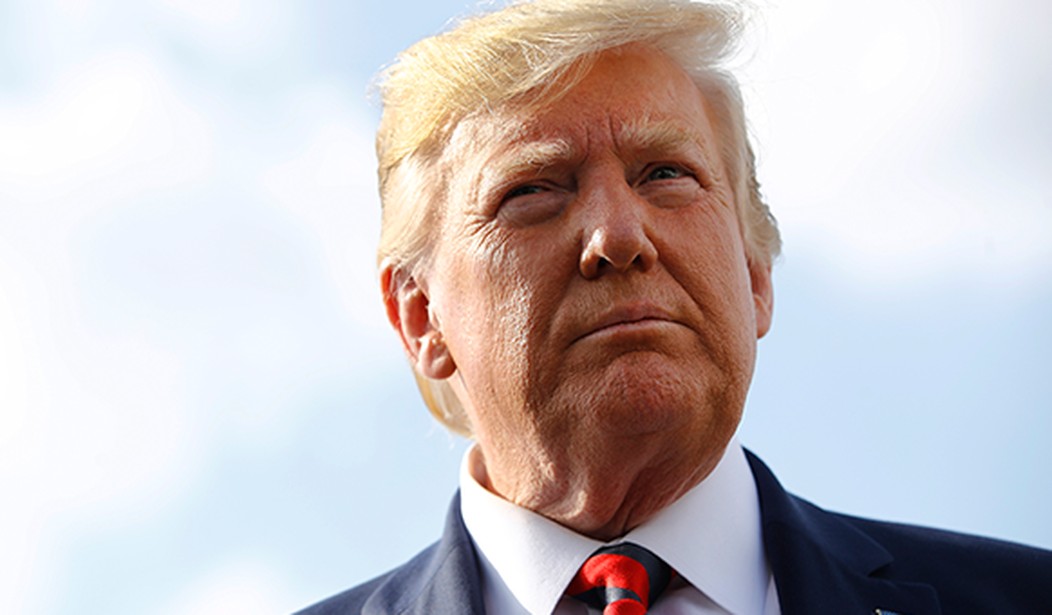The current trade/tariff war has put the U.S. economy at a crossroads as analysts fear an economic “correction” while administration officials predict growth for years to come. Continued trade protectionism keeps prices high for millions of American consumers while inviting other countries to keep American goods off their own markets. Fortunately, a trade opportunity sitting at the administration’s doorstep would be a boon to American commerce and even pave the way for 5G wireless deployment. Negotiating and implementing a free-trade agreement (FTA) with Taiwan would boost American credibility in Asia, signaling to countries across the region that the U.S. is once again open for business. American and Taiwanese households and businesses would benefit from an agreement that gives consumers greater choice, keeps prices lower, and propels technology forward.
Tax reform and deregulation pursued by the Trump administration have led to the strongest economy in decades. The unemployment rate remains below 4 percent, and an increasing share of employed Americans are seeing their paychecks soar higher. But for all the pro-growth policies that have led to this economic success, one critical policy, trade, has remained on the sidelines for more than 10 years. Since signing a trade pact with the Republic of Korea in 2007, successive U.S. administrations have shied away from signing trade agreements with other countries. In the past, FTAs have allowed for exclusive trade relations with other countries, in which the U.S. and partners cut tariffs on each other’s businesses and liberalize access to their respective markets.
Even though U.S. policymakers have long suggested an FTA with Taiwan, the small island nation has taken a back-seat to trade deals with larger nations such as South Korea and Japan. That’s a shame, considering the immense benefits to both countries that would result from a trade agreement. Already, Taiwanese businesses frequently trade with their American counterparts, creating billions of dollars in value for both countries. American Enterprise Institute scholars Dan Blumenthal and Michael Mazza note, “The Taiwan Semiconductor Manufacturing Company, LTD (TSMC) supplies chips to companies such as Qualcomm, Nvidia, and Advanced Micro Devices. Without Taiwan’s semiconductor and information and communication technology (ICT) industries, many of the world’s most ubiquitous consumer electronics would not exist or, perhaps, would rely on China’s (People’s Republic of China, PRC) industry to the detriment of the United States.”
Recommended
This technological exchange is key as the U.S. searches for ways to expedite the rollout of 5G, a new wireless internet standard at least 10 times faster than 4G. The Federal Communications Commission has already made it easier for companies to set up small-cell (pizza box-sized) deployments on telephone poles across the country and capped the fees that municipalities can charge internet providers for 5G deployments. But this technology could be rolled out even faster with trade policies that lower the cost of chips and electronic products that make faster, more accessible internet possible.
Free trade policies have a proven ability to increase “American household income by lowering costs of products,” according to former Peterson Institute scholar Gary Hufbauer. As American consumers benefit from increased access to low-cost internet technologies, U.S. businesses stand to gain tens of billions of dollars from an FTA with Taiwan. American farmers currently export less than $4 billion worth of agricultural products to the island nation, due to Taiwan’s overly-strict scrutiny of U.S. pork. More reasonable standards as part of a comprehensive trade deal could double or even triple exports for U.S. farmers.
From agriculture to next-generation internet tech, a trade deal with Taiwan would make both countries better off and bolster a nation that made a sharp break with autocracy and autarky three decades ago. American and Taiwanese consumers and businesses deserve to benefit from the combined strength of both economies. And by signing the first FTA in 12 years, the Trump administration could signal to households across the country that growth and prosperity are here to stay.
Ross Marchand is the director of policy for the Taxpayers Protection Alliance.

























Join the conversation as a VIP Member